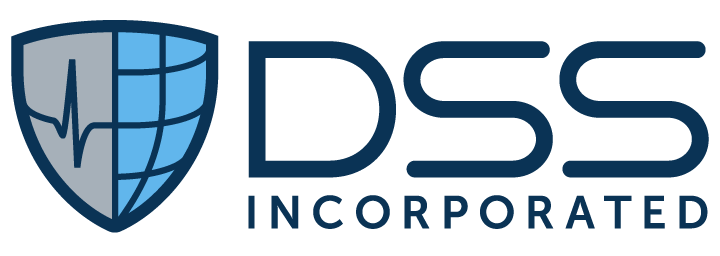ACHE 2024 Summary: VA Undersecretary for Health Highlights Impactful and Innovative Approaches to Advancing Veteran Care
At the recent ACHE 2024 Congress on Healthcare Leadership, Dr. Shereef Elnahal, Under Secretary for Health for the U.S. Department of Veterans Affairs (VA), shared some of the VA’s most impactful and innovative approaches to improve care delivery for our nation’s Veterans.
Dr. Elnahal’s presentation covered a wide-range of topics – from how the VA has implemented the PACT Act to improve efficiency and productivity in ambulatory care to the VA’s use of AI to reduce clinician administrative burden and burnout.
David Whitmer, FACHE and vice president for product operations (federal) at DSS, attended ACHE 2024 and provided the following insights and takeaways from Dr. Elnahal’s presentation at ACHE 2024:
The Biden Administration’s Policy for the VA: The key focus is around providing more care and benefits for Veterans impacted during their time of service. The broad reach of the PACT Act has provided benefits and a presumption of care for Veterans who served in areas impacted where there were toxic exposures.
250,000 New Veterans in VHA Care Due to the PACT Act: As a result, the VHA has conducted 5.5 million toxic exposure screenings for benefits determination. The VA expects a higher demand for VA healthcare despite a fewer number of Veterans due to older Veterans passing away.
The VA’s Hiring Spree and Enhancing Care Access: Last year, the VA hired more than 62,000 staff to address the additional enrollees. Dr. Elnahal also addressed the importance of VA recapturing workloads that had gone out in the community. This means optimizing the clinical episodes of care through its Clinical Team Inefficiencies Task Force to enhance care access.
The VA has undergone access sprint reviews to meet MISSION Act service times. Primary care and mental health appointments now happen in 14 days, and 28 days for specialty care appointments.
Reducing Administrative Burden Through AI: Reducing administrative burden is an ongoing priority, and is being addressed by improving team-based health care delivery. This includes eliminating administrative and policy inefficiencies to allow for the most optimal care for Veterans. Dr. Elnahal views technology and AI as being critical to reducing administrative burden, and the VA’s AI Tech Sprints are helping to bring AI use cases to life.
The Importance of Data Interoperability: Dr. Elnahal discussed the Veterans Interoperability Pledge that aims to accurately identify Veterans when they seek care, connect them with the VA and community resources, as well as responsibly and reliably coordinate care.
Advancing Rural Care: With technology as the foundation, the VA will be expanding its Clinical Resource Hubs (CRH) and Mobile Medical Units to bring more services to Veterans in rural areas. Currently, the VA has 18 CRHs that provide primary care, mental health, and suicide prevention services – facilitating 2.8 million healthcare encounters.
DSS fully supports Dr. Elnahal’s vision for enhancing Veteran care. We work closely with the VA as a solutions provider, solutions integrator, and professional services contractor.
Many of our core offerings are fully aligned with the VA’s FY24 acquisition priorities.” that was in response to the VA’s FY24 Acquisition Priorities.
Supporting the Full Care Journey for Veterans: DSS provides quality and highly reliable health care solutions that help Veteran patients and care providers from the early stages of diagnosis and admission to discharge and home care. Learn more here.
Administrative Support: DSS offers comprehensive administrative solutions to VA for efficient systems and approach, from consult tracking to medical records management to revenue cycle management and beyond. Learn more here.
Integration Toolkits: As a leader in VistA integration and innovation, DSS establishes framework and processes relied on by VA for better interoperability. DSS offers an HL7 interface engine that allows for bi-directional data exchange. Learn more here.
TheraDoc: This proven value-based solution is used in 59 Veterans Affairs Medical Centers, including four Veterans Integrated Services Networks (VISN)-wide, for more than 15 years. The solution also helps VAMCs to operate as an HRO, focused on VBC principles by providing technology that empowers clinical teams to maximize patient safety, quality of care, and operational efficiency. Learn more here.
Supply Chain Modernization: DSS offers a fully interoperable, easy to operate, and comprehensive supply chain management solution based on proven technologies within the marketplace, ultimately enabling a “system of systems” for all functional users. Learn more here.
Click here to learn more about DSS federal health solutions.

